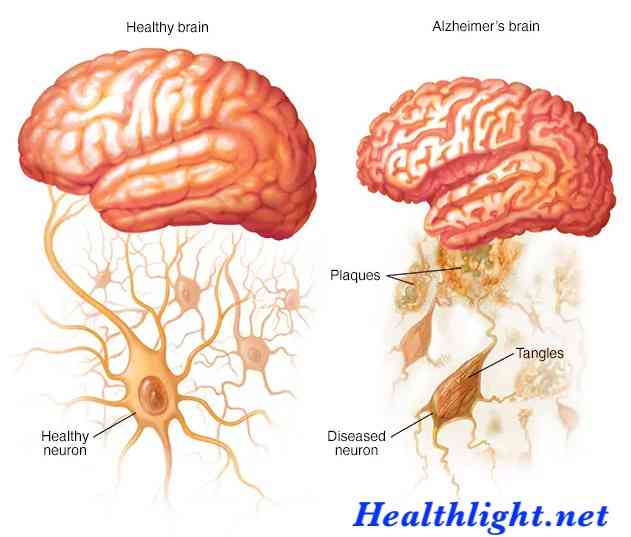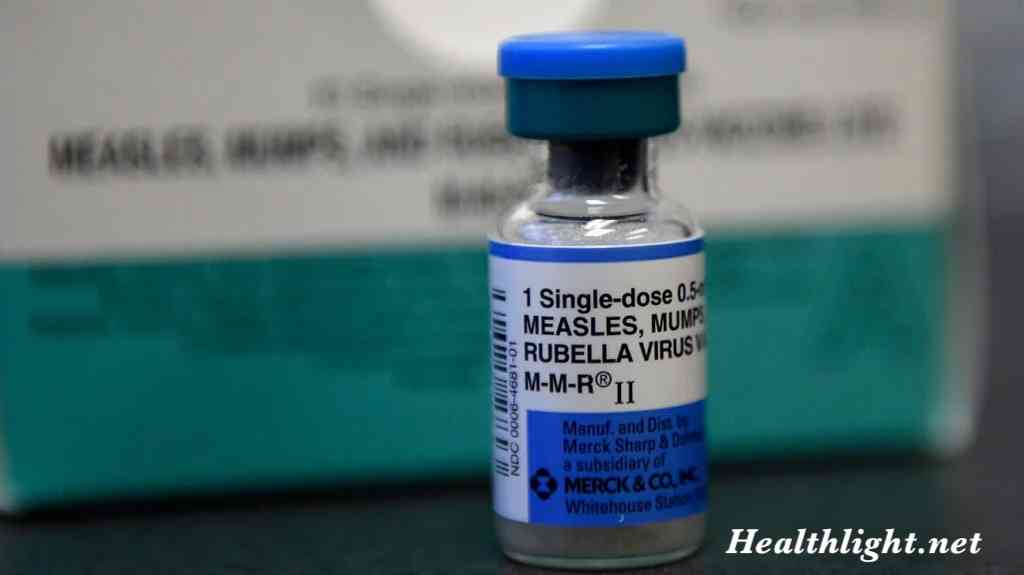Pregnancy tests work by detecting the hormone hCG (human chorionic gonadotropin) in urine or blood. This hormone is released after a fertilized egg attaches to the uterus.
Types of Pregnancy Tests:
Urine Test (Home Test Kits): Can be taken at home. Usually accurate a few days after a missed period. Gives results in minutes (positive = two lines, a plus sign, or “pregnant” depending on the brand).
Blood Test (at a clinic/lab):
Detects pregnancy earlier than urine tests. Can measure the exact amount of hCG (quantitative test). Often used if doctors need confirmation or to monitor early pregnancy.
When to Take a Test:
Best taken 1 week after a missed period for accurate results. Testing too early may give a false negative.
Early Symptoms of Pregnancy:
Not everyone has the same symptoms, but common early signs include:
- Missed period (most obvious sign if cycles are regular).
- Breast changes: swelling, tenderness, darkened areolas. Nausea/vomiting (morning sickness, but can occur any time).
- Increased urination (due to hormonal changes).
- Fatigue: feeling unusually tired.
- Food cravings or aversions.
- Mood swings: emotional ups and downs.
- Mild cramping or spotting (implantation bleeding).
When to See a Doctor:
- If you get a positive test book a prenatal appointment.
- If you have symptoms but tests are negative retest after a few days or see a doctor.
- If you experience severe pain, heavy bleeding, or dizziness, seek urgent medical help (could signal ectopic pregnancy or miscarriage).
Conclusion:
Pregnancy tests and symptoms often go hand in hand, but relying on symptoms alone can be confusing since many early signs resemble premenstrual changes. A home urine test or a blood test at a clinic provides the most reliable confirmation. If you suspect pregnancy, the best step is to take a test after a missed period and follow up with a healthcare provider for proper guidance and prenatal care.







